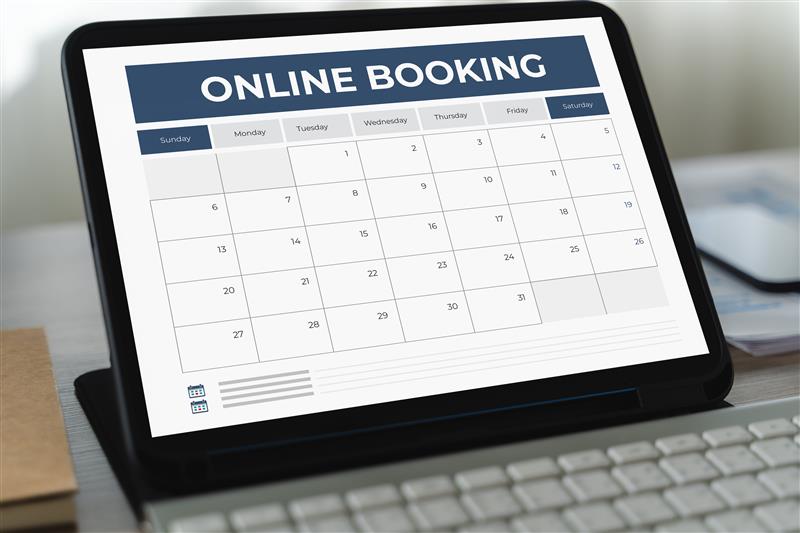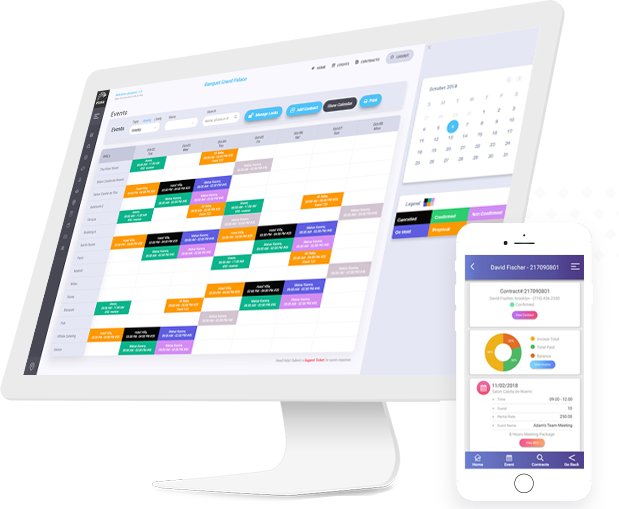Selecting the right CRM process, when there are a hundred of various options available, is definitely a tedious process. But choosing the best CRM for business is definitely a critical decision that can have a significant impact your company’s growth, customer satisfaction, and operational efficiency. By using these information, you may get a better understanding of your target market and thereby develop a more successful marketing strategy for them.
The CRM that your company should aim to choose for, doesn't always have to be overwhelming. Selection of the finest alternative for you can be done easily, by taking into account a few basic considerations.
Here in this CRM Selection Guide, we will walk you through the key factors to consider, ensuring you make an informed choice that aligns with your business objectives. Read more to find out more about selecting a CRM for your business.
Determining Your Business Goals
Understanding your businesses needs and goals is essential to know before comparing CRM features. Are you a small startup looking for a simple, easy-to-use tool, or a large company that needs advanced automation and scalability? The right CRM is important for your business because, it is a means of removing team divisions and sharing the most recent information and insights throughout an organisation.
Depending on your business size, CRM solutions helps to create a better customer experience, automate mundane tasks, and understand your customers better. CRM for small businesses often focus on affordability and simplicity, while bigger companies may need powerful integrations and room to grow. CRMs are mostly industry specific, and you should consider your industry -be it real estate, healthcare or e-commerce. Finally, think about your biggest challenges, whether it’s tracking leads, automating sales, or improving customer support. Choosing a CRM that solves these problems will help your business run more smoothly.
Essential CRM Features to Look For
Not all Business CRM Software is created equal. Here are the must-have features to evaluate:
- Contact & Lead Management – Centralized customer data for better tracking.
- Sales Pipeline Automation – Streamline deal progression with minimal manual effort.
- Reporting & Analytics – Gain insights into sales performance and customer behavior.
- Integration Capabilities – Ensure compatibility with your existing tools (email, marketing software, ERP).
- Mobile Accessibility – A Cloud-Based CRM allows remote access, crucial for modern businesses.
If customization is a priority, explore Customizable CRM Solutions that adapt to your workflows rather than forcing you to adapt to them.
Cloud-Based vs. On-Premises CRM
One of the most important choices to be made is deciding on picking a cloud-based CRM or on-premises system. A cloud-based CRM is hosted online, making it easy to access from anywhere especially perfect for remote teams. It also gets automatic updates and has lower upfront costs. On the other hand, an on-premises CRM is installed on your company’s own servers, giving you more control and security, but it requires more IT maintenance and can be expensive to set up. Most businesses today prefer cloud-based CRM because it’s flexible, scalable, and easier to use.
CRM Cost and Pricing Considerations
Your budget is a key factor when choosing the best CRM for business. CRM pricing comes in different forms: subscription-based (like HubSpot or Salesforce) charges monthly or yearly fees, while per-user pricing (common in big business CRMs) costs more as your team grows. Some CRMs require a one-time license fee, which is higher upfront but has no ongoing payments which is often the case with on-premise solutions. Don’t forget to consider extra costs like training, customizations, and integrations, as these can add up. Understanding the full CRM cost and pricing helps you pick the right option without surprises.
Implementation Strategy
Even the best CRM won’t work well without a good implementation plan. To succeed, start by setting clear goals like improving lead conversion by 20%. Next, train your team so they know how to use the system properly. You’ll also need a data migration plan to safely move information from your old system without losing anything. Finally, roll out the CRM in phases test it with a small group first, then expand to the whole company. Taking these steps will help ensure you to have the best CRM implementation strategy that works smoothly and delivers real results.
Choosing the right CRM for your business
Here are some top CRM picks based on different business needs, along with tips for choosing the right one:
For small businesses, HubSpot CRM (free version) and Zoho CRM (affordable and scalable) are great options. Mid-sized companies might prefer Salesforce (highly customizable) or Pipedrive (focused on sales). Larger enterprises often choose Microsoft Dynamics 365 (strong integrations) or Oracle CRM (powerful analytics).
When picking a CRM, always make sure to try free trials first, to see if it’s easy to use and if it is what your business needs. Read reviews and case studies to learn from other businesses and pick a CRM that can grow with your company over time. This way, you’ll find the best fit for your needs now and in the future.
Selecting the Best CRM for Business is a strategic decision that requires balancing features, cost, and scalability. Make sure to choose the best CRM Software for your business that enhances customer relationships and drives sustainable growth.
Whether you need a Cloud-Based CRM, a Customizable CRM Solution, or an affordable CRM for Small Businesses, the right platform exists with the right implementation. Partnering with experienced CRM specialists such as Veuz Concepts ensures seamless integration, user adoption, and measurable ROI, turning software into a true competitive advantage.









.jpg )







Leave a comment